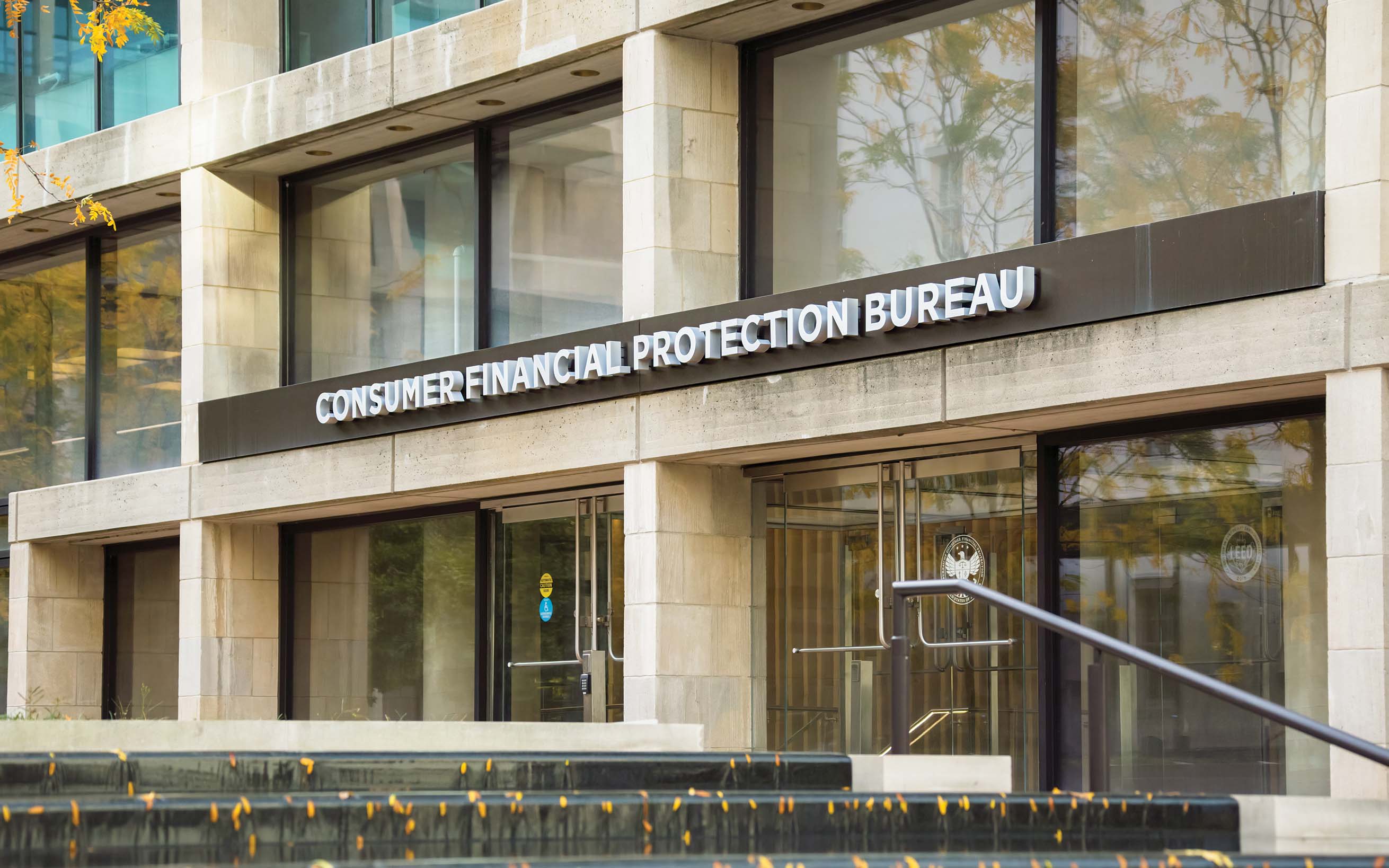The CFPB’s proposed rule to implement Section 1071 would add a burdensome and costly reporting requirement onto all community bank small business lenders.
Michael Emancipator: The case against the Section 1071 proposal
December 01, 2021 / By Michael Emancipator
The CFPB’s proposed rule to implement Section 1071 would add a burdensome and costly reporting requirement onto all community bank small business lenders.
There is still time to make a case for why the Consumer Financial Protection Bureau’s (CFPB) proposed rule for implementing Dodd-Frank Act Section 1071 would harm community bank small business lenders and their customers.
Section 1071 would require the CFPB to implement data collection and reporting requirements for small-business lending. The CFPB’s proposal is extremely broad, covering community banks that originate 25 loans or more, creating a substantial new burden for even the smallest community banks in rural and other underserved areas.
ICBA can’t win this fight alone. To make the case for [a Section 1071] exemption, the CFPB needs to hear directly from community bankers.
Imposing any new data collection and reporting requirements on community banks would harm small business lending. That’s why ICBA strongly supports a robust exemption from Dodd-Frank Act Section 1071 for community banks.
However, ICBA can’t win this fight alone. To make the case for an exemption, the CFPB needs to hear directly from community bankers their personal stories about how difficult it will be to comply with Section 1071. Comments to the CFPB are due Jan. 6.
Share your small business lending story
The CFPB responds well to data, facts and specifics. While ICBA can tell the community banking industry’s story, it’s essential that community bankers tell their banks’ and small business customers’ stories to show why the Section 1071 proposal is a poor fit.
It’s also important to point out potential difficulties and raise questions that the CFPB may not have considered yet. Potential areas to discuss include:
Implementation is a heavy lift, and the cost will be passed to consumers. Over the past few years, a lot of rulemaking was built on revisions of existing rules. Implementing these changes has been a heavy lift. Explain to the CFPB how complying with familiar rules, such as the Home Mortgage Disclosure Act (HMDA), is already difficult and why Section 1071 will be even more difficult and expensive to implement as a brand-new regulation. Community banks will be forced to pass on its cost to borrowers.
When writing a comment letter to the CFPB, do a back-of-the-envelope calculation on what that cost would be. How many full-time employees would your bank need to add? What software and services would be required? Provide an estimate for how that cost would trickle down to a small business. If it would force you to limit the volume of your small business lending, explain this to the CFPB.
Small business lending requires a bespoke approach. Small business lending is not a homogenized business like mortgage lending or credit cards. Those areas are built on standardized credit and underwriting, which makes it easier to collect data in uniform fields. Small business lending is customized, with each loan tailored to the individual needs of the borrower. Forcing community banks to standardize loans to make it possible to collect specific data will limit the options available to small business borrowers. Share personal examples of how small business loans differ from customer to customer to demonstrate this point.
Burden of collecting data with different definitions. The CFPB has the opportunity to align definitions with existing regulations to reduce confusion. For example, the Community Reinvestment Act (CRA) defines small businesses as those with $1 million or less in gross annual revenue while the CFPB’s proposal defines it as those with $5 million or less. This makes it difficult for loan and compliance officers to keep track and correctly report small business data. The lack of consistency invites the potential for unintended compliance violations. There needs to be consistent definitions.
Collecting race, sex and ethnicity of small business principal owners introduces risk. If a borrower doesn’t report race or ethnicity, the CFPB proposal requires bankers to do a visual assessment or surname analysis to make a determination. That’s a challenging policy to implement and requires community bankers to wade into an area where they simply don’t belong.
Violating small business customer and community bank privacy. Even though personally identifiable information won’t be published, information about census tracts, types of business and loan amount requested will be. That makes it relatively easy to reverse engineer the name of a business, especially in smaller communities with fewer businesses. Competitors would be able to ascertain gross annual revenue and whether the business was approved for a loan. That’s information many small business owners would prefer to keep private. Similarly, it would broadcast loan pricing at individual community banks, making it easier for competitors to underprice banks and poach customers.
In addition to writing letters brimming with quantifiable data and specific examples, community bankers should also be reaching out to their members of Congress to let them know that Section 1071 is on the horizon and the potential problems. In the event a legislative fix becomes necessary, community bankers will have a head start in correcting it.
Subscribe now
Sign up for the Independent Banker newsletter to receive twice-monthly emails about new issues and must-read content you might have missed.
Sponsored Content
Featured Webinars
Join ICBA Community
Interested in discussing this and other topics? Network with and learn from your peers with the app designed for community bankers.
Subscribe Today
Sign up for Independent Banker eNews to receive twice-monthly emails that alert you when a new issue drops and highlight must-read content you might have missed.
News Watch Today

Join the Conversation with ICBA Community
ICBA Community is an online platform led by community bankers to foster connections, collaborations, and discussions on industry news, best practices, and regulations, while promoting networking, mentorship, and member feedback to guide future initiatives.












